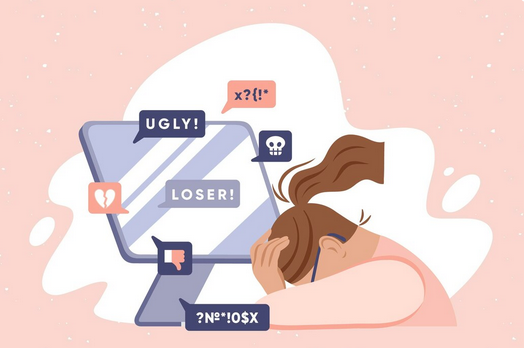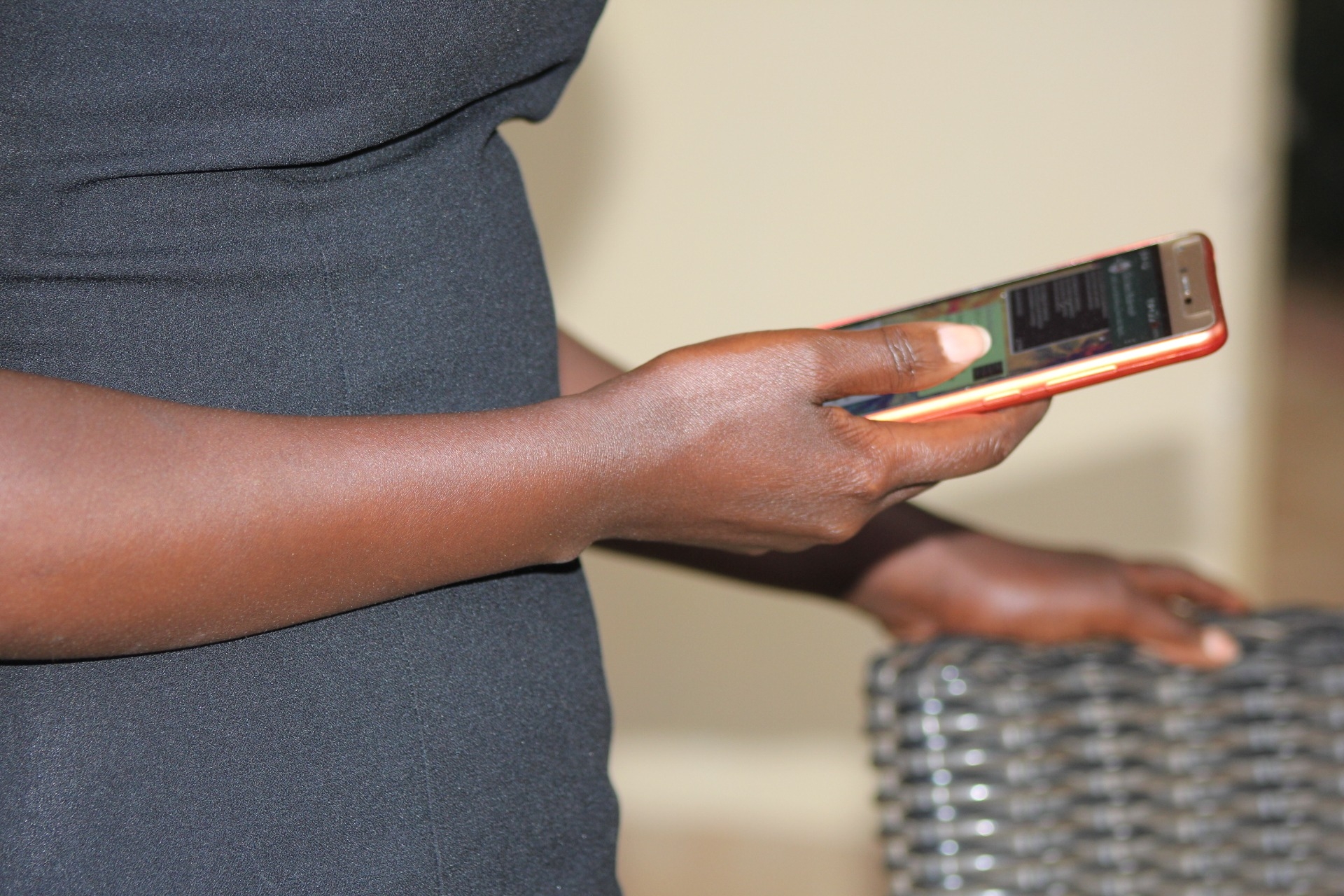

Technology-facilitated gender-based violence (TFGBV) is leaving deep
psychological wounds among Kenyan women, echoing patterns documented globally.
A recent study found that online harassment and abuse often left survivors
“violated, anxious, and unsafe even in their own homes.”
This is from a report by The International Center for Research on Women’s
(ICRW) 2024 report, Experiencing Technology-Facilitated Gender-Based Violence in
India
While the data is from India, experts say Kenyan women are living the same
reality in their digital spaces.
In Kenya, a rapid study by the Collaborative Center for Gender and
Development (CCGD) and the University of Nairobi’s Women’s Economic Empowerment
(WEE) Hub, supported by the United Nations Population Fund (UNFPA), revealed
that nearly nine in ten young adults in tertiary institutions had witnessed
some form of TFGBV, and 39 per cent had personally experienced it.
Among women, exposure was significantly higher, with many reporting online
defamation, cyberstalking, or the non-consensual sharing of intimate images.
“The different impacts on victims of TFGBV established from the study were
psychological, social, economic, and physical,” the report notes.
Survivors described feelings of fear, shame, anger, and helplessness. Many
reported difficulty concentrating in school or work after an incident of online
harassment.
That sense of entrapment mirrors ICRW’s findings in India, where a majority
of survivors reported that the abuse continued to affect their daily lives long
after the harassment stopped.
The study noted that online spaces, once seen as platforms for empowerment, have instead become “sites of fear and humiliation” for many women.
It concluded that “technology-facilitated violence affects mental health
severely, leading to depression, anxiety, and loss of self-confidence.”
In Kenya, similar experiences are unfolding.
A 2023 research by the International Research and Exchanges Board (IREX)
supports this view, showing that women in public life, particularly political
candidates, face coordinated digital attacks that combine misogyny, ethnic
slurs, and misinformation campaigns.
The psychological harm is often intensified by social stigma and limited
institutional support. Many survivors do not seek help, fearing ridicule or
inaction from authorities.
The UNFPA study found that most students who experienced TFGBV did not
report it formally, citing mistrust of law enforcement and lack of awareness of
reporting mechanisms.
Without trusted systems, many turn to friends or online support groups for
solace, an informal coping mechanism that rarely provides professional help.
Psychologists warn that unaddressed trauma from digital abuse can escalate
into long-term mental-health challenges, including depression and suicidal
thoughts.
Yet mental-health care remains under-resourced in Kenya. According to the Ministry
of Health, fewer than 500 practising psychiatrists are serving a
population of more than 50 million.
Experts emphasise that addressing TFGBV requires not only stronger legal
frameworks but also survivor-centred mental-health services.
ICRW researchers stress that mental-health recovery and institutional
empathy are central to ending digital violence.
“Without supportive systems,” they warn, “victims will continue to withdraw
from digital spaces, reinforcing gender inequality.”
For Kenya, where women increasingly rely on technology for education,
business, and activism, the stakes are high.
As more women retreat from online platforms out of fear, the digital divide
deepens, erasing hard-won gains in participation and voice.
The message from both global and local studies is clear. The trauma of
online abuse is as real as any physical assault — and until women can feel safe
in digital spaces, equality will remain out of reach.














